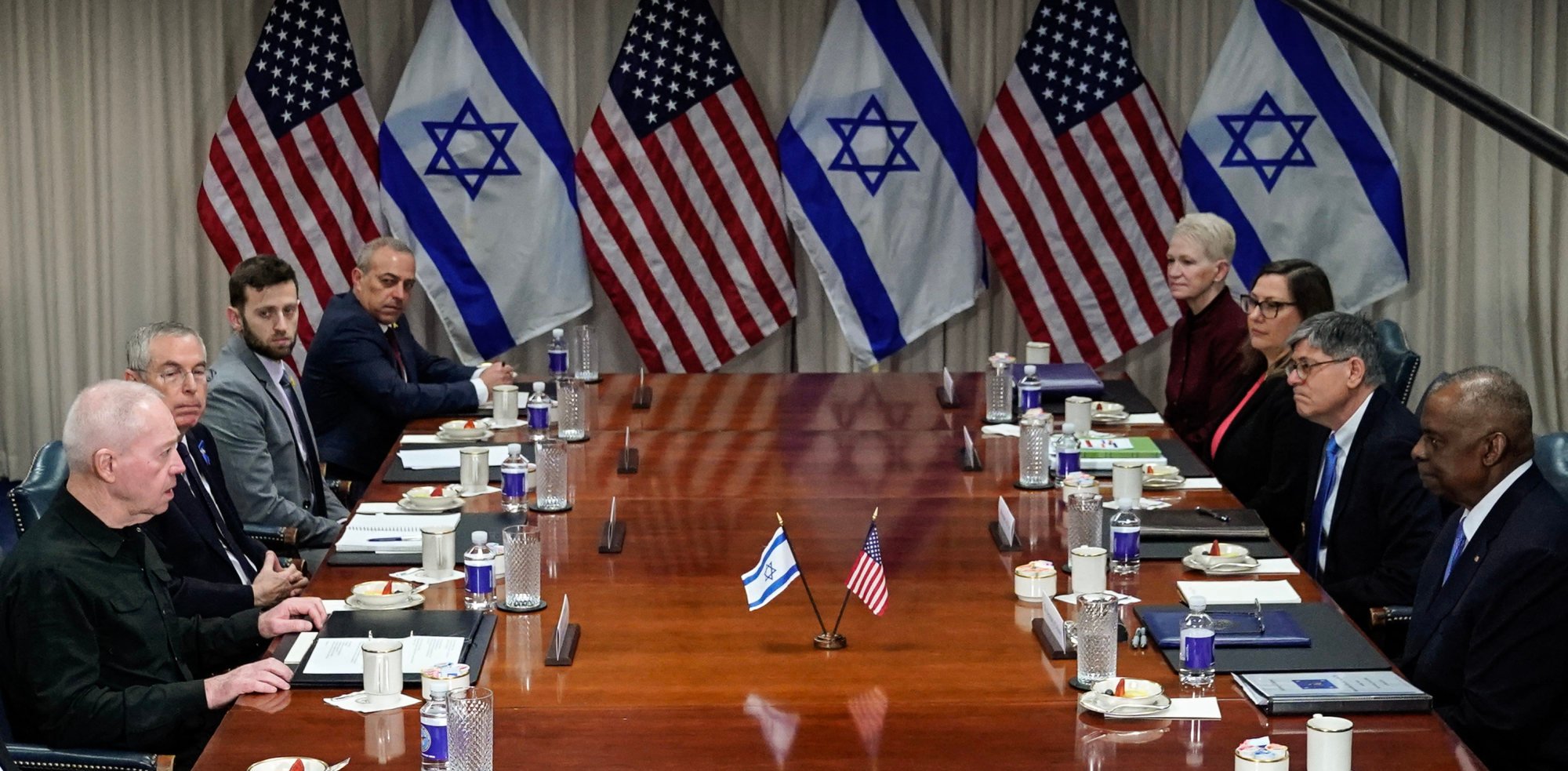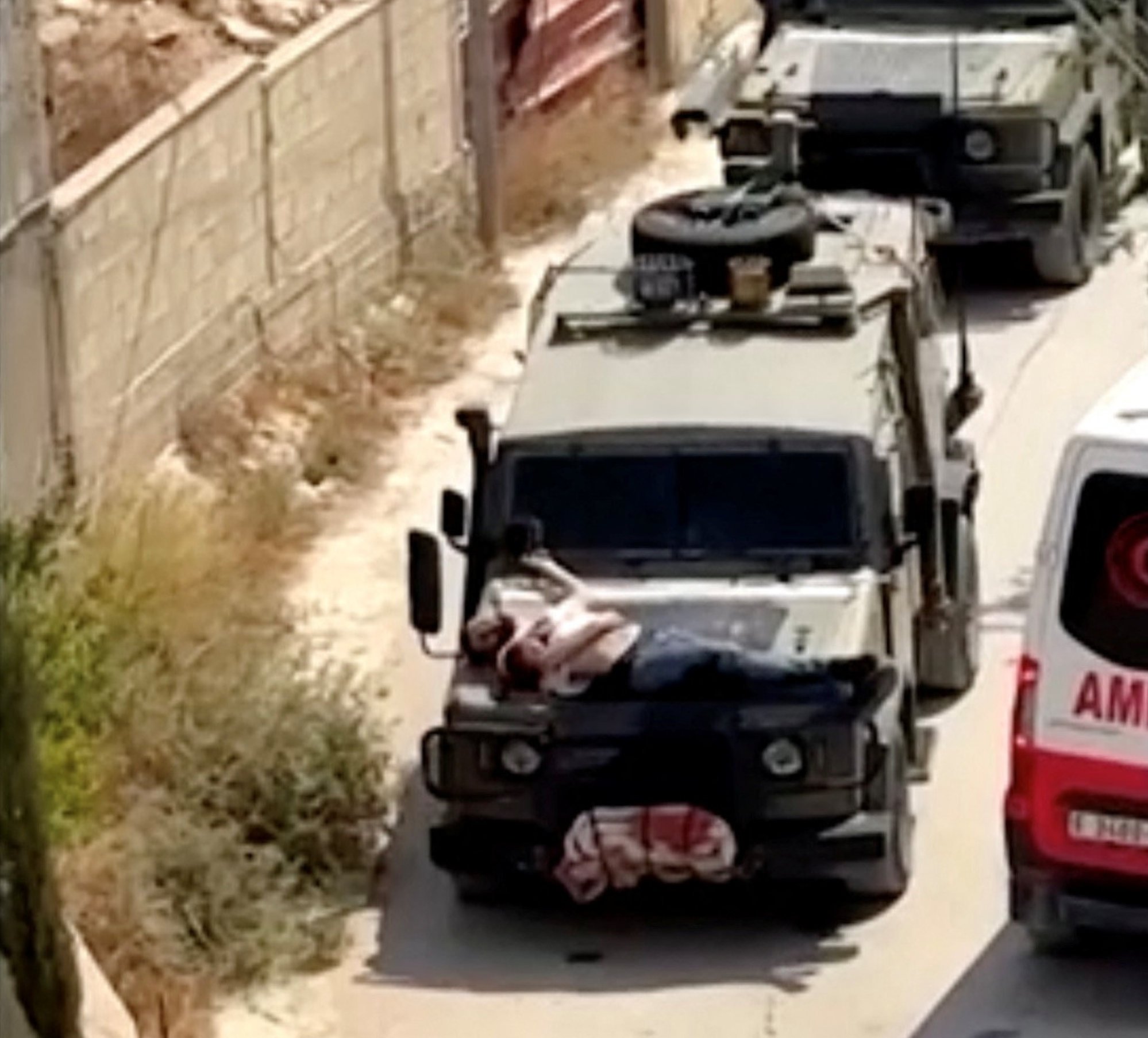Israeli Defense Minister Gallant travels to the US for “critical” talks on Gaza war, weapons delays and Lebanon

The Israeli prime minister told his cabinet on Sunday that “about four months ago there was a dramatic decline in arms deliveries from the United States to Israel. We have received all kinds of explanations for this, but … the basic situation has not changed.”
However, he expressed hope that the matter would now be resolved: “Given what I have heard over the past few days, I hope and believe that this issue will be resolved in the near future.”
Tensions are also rising on Israel’s northern border with Lebanon. The Iran-backed Hezbollah movement is engaging in daily cross-border shelling with the army, increasing fears of a full-scale war.
Gallant said he would “discuss developments in Gaza and Lebanon” and vowed that “we are prepared for any action that may be required in Gaza, Lebanon and other areas.”
He stressed: “Our relations with the United States are more important than ever. Our meetings with US officials are crucial to this war.”

The defense minister plans to discuss developments in Gaza and Lebanon, including the transition to “Phase C” in the war against Hamas. Gallant has said in the past that the third phase of the war will be the creation of a new security regime in Gaza.
Gallant, a member of Netanyahu’s Likud party, has clashed with the prime minister in recent months, demanding a clearer post-war plan for Gaza that does not leave it under Israeli control – a demand that the White House also took up.
Netanyahu is walking a tightrope as he tries to hold his government together, balancing the demands of the defense establishment – which includes former generals like Gallant – with those of his far-right coalition partners, who oppose any post-Gaza strategy that could pave the way to a future Palestinian state.
In the Gaza Strip, Israeli forces continued to attack targets and battle Hamas, the Islamist militant group that Israel promised to destroy in its October 7 attack. The war has devastated large parts of the coastal area.
A military statement said that in the past 24 hours, warplanes had “attacked dozens of terror targets throughout the Gaza Strip, including military installations, terrorists and terrorist infrastructure.”
The Gaza War began with Hamas’ attack on southern Israel on October 7, which, according to official Israeli figures, killed 1,194 people, mostly civilians.
The militants also took hostages, 116 of whom are still in the Gaza Strip, but the army says 41 people have died.
More than 37,500 people, mostly civilians, were killed in Israel’s retaliatory offensive, the Gaza Strip’s Health Ministry said.
An Israeli siege has deprived the 2.4 million people in the Gaza Strip of most of their drinking water, food, fuel and other essential goods.
“This war must stop,” said Umm Siraj al-Balawi, who survived in a makeshift shelter amid a field of rubble, with sheets hanging to protect her young children from the scorching sun.
“People are being driven from house to house, from tent to tent, from school to school,” she said. “This is a war of displacement. It is a war of extermination.”
Meanwhile, the Lebanese Hezbollah said it had attacked a military position in northern Israel “with an attack drone” in response to the killing of a commander of the terrorist militia Jamaa Islamiyya in an attack in eastern Lebanon.
Israel said no one was injured in Sunday’s attack.
Hours earlier, Hezbollah had released a video clip purporting to show locations in Israel and their coordinates as fears of a full-scale conflict grew.
The Israeli military said last Tuesday that a plan for an offensive in Lebanon had been “approved and confirmed.”
Hezbollah leader Hassan Nasrallah responded by threatening that in the event of a full-scale war, no part of Israel would be spared.

Meanwhile, Israeli army forces strapped a wounded Palestinian onto the hood of a military jeep during a raid in the occupied West Bank city of Jenin on Saturday. A video circulating on social media shows Palestinian Jenin resident Mujahed Azmi on the jeep driving past two ambulances.
A statement from the Israeli military said Israeli forces were shot at and there was an exchange of fire in which a suspect was injured and arrested.
The soldiers then violated military protocol, the statement said. “The suspect was arrested by the armed forces while tied to a vehicle,” it said.
The military stated that “the conduct of the forces in the video of the incident does not correspond to the values” of the Israeli military and that the incident is being investigated and dealt with.
The person was handed over to doctors for treatment, the military said.
Reporting by Agence France-Presse, Reuters, Bloomberg



